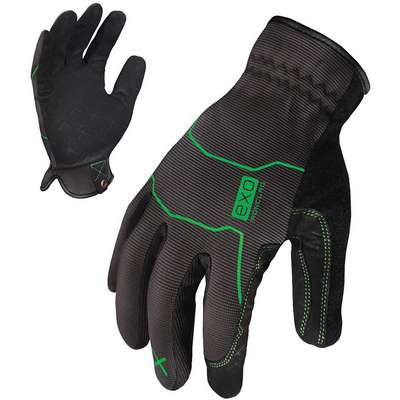Safety
When working in harsh or dangerous environments, it’s vital to equip your team with the personal protective equipment (PPE) and shop cleanup tools to keep them safe. Imperial has everything you need to keep your technicians protected on the job.
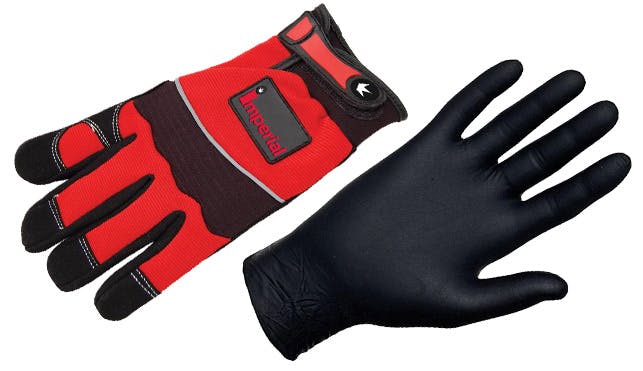
Gloves
Nitrile Gloves
If you think all disposable gloves are alike, you might be letting a better solution slip through your fingers. It might be time you give some thought to your disposable gloves. From food service and manufacturing floors, to medical settings, janitorial and cleanroom use, nitrile gloves are quickly replacing latex gloves as the leader in workplace protection.
What Are Nitrile Gloves?
Much more than "just gloves", Nitrile gloves are made from synthetic rubber. This rubber makes them more resistant to oils and chemicals than other disposable gloves. This protection can protect your hands from injury and long-term illness. They can also reduce opportunities for cross-contamination—helping to maintain the integrity of your products and services.
Are Nitrile Gloves Safe?
A study conducted by the International Journal of Occupational Safety and Ergonomics looked at the toxicity level of different glove materials. In comparing natural rubber latex to synthetic rubber latex, the study showed that the synthetic (nitrile) exhibited a lower toxic response compared to natural rubber.
What is the Difference Between Latex and Nitrile Gloves?

Benefits Driving Nitrile Popularity



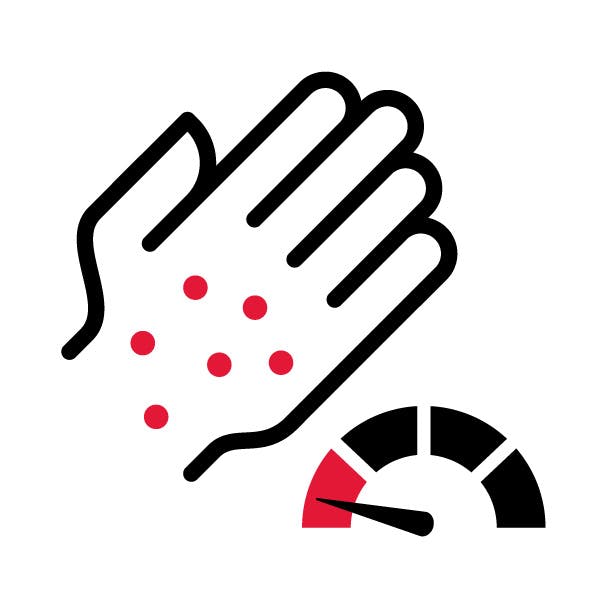


Nitrile Gloves Fall Into Two Main Grades
Industrial-grade nitrile gloves are worn when working with chemicals, such as in the janitorial, food service and automotive industries. Industrial-grade nitrile gloves can offer differing levels of protection from disposable nitrile (low chemical resistance) to reusable nitrile gloves that offer high levels of puncture and chemical resistance. Some nitrile gloves are also anti-static, ideal for those working with machinery or electronics.
The thickness of your nitrile gloves will make a difference to your ability to carry out tasks. Industrial-grade disposable nitrile gloves will usually be around 0.06mm-0.08mm in thickness, providing splash resistance to chemicals. Thicker re-usable industrial nitrile gloves will provide a longer contact time resistance.
The thinner the gloves, the more dexterity the user will enjoy—making more intricate tasks easier to perform. If you require extra grip, then nitrile gloves with raised patterns are a good choice, as they increase grip strength on wet or slippery equipment.

Medical nitrile gloves are referred to as "exam" grades. This type of nitrile glove is best for those working in medical professions where they require protection from contact with blood-borne pathogens or contaminants in the environment. you'll notice dental practices, hospitals, doctor surgeries and laboratories opting for this grade of glove, as they have undergone rigorous testing to ensure they provide the protection those wearing them require.
Right Sizing
Nitrile gloves are available in an array of sizes—most in XS - 2XL. The right fit is important. Before placing a full order, seek out samples to test first. This will ensure the gloves actual fit and feel matches expectations. Too small and the glove can be stretched excessively causing the material to break or fracture quicker. Too large and it may not offer the right protection against chemicals.
Many Colors Available
Powdered and Powder-Free
Powdered gloves absorb moisture and are a popular choice for those working within industries where gloves need to be taken on and off regularly. However, many prefer the non-powdered designs as they do not leave residue when removed and can be taken on and off just as easily as their powdered counterparts.
Environmental Impact
Does your industry have a recycling policy in place? Switching to nitrile gloves is one way to reduce impact on the environment, as they are created using a man-made material. Their durability allows them to have a longer life, reducing the number of gloves you are disposing overall.
Shop Nitrile Gloves
Mechanics Gloves
Shop Mechanics Gloves
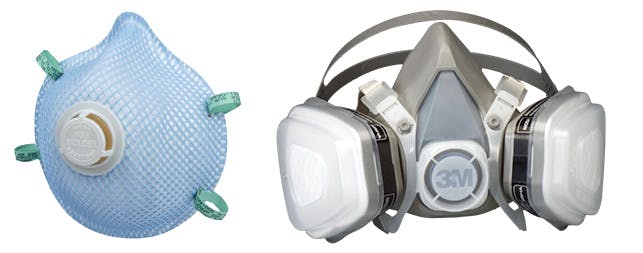
Respirators
Respirators come in different classifications. You’re probably used to seeing respirators with labels such as “N95” or “P100”. This rating system is actually made up of two parts. The letter denotes the type of material used in the respirator filter media and the types of hazards it protects against, while the number refers to the filter's ability to remove the most penetrating particle size while working in the field.
N, R and P Ratings
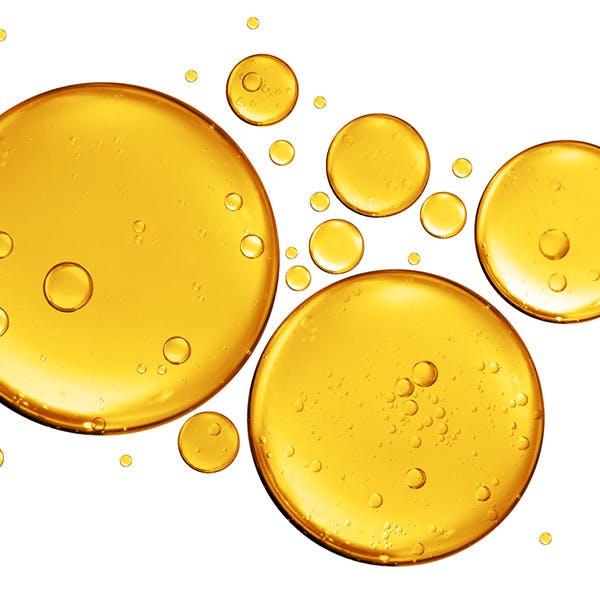
Affects of Oil

N-Rated

R-Rated

P-Rated
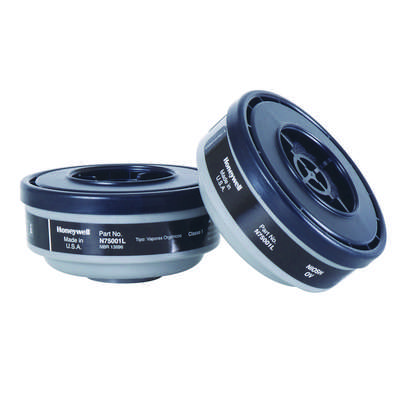
Filter Replacement
Numeric ratings

Testing

Filtering Capabilities
Shop Respiratory
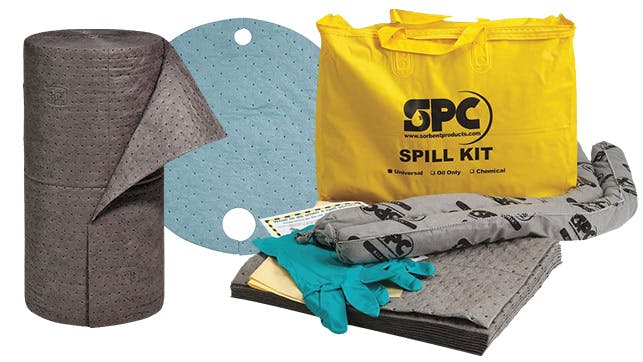
Absorbants
Absorbents are designed to pick up or contain spills from: fuel tanks, coolants, engine oils, in plant machinery and many other petroleum based product type spills or leaks. Industrial bonded and meltblown synthetic material is superior to other materials in strength and absorbency. Unlike clays and granular products, sorbents can be used in areas that manufacture foods or pharmaceuticals. Meltblown absorbents will not contaminate engines or transmissions during usage like clays or granular-based sorbent materials.
Absorbent Pads & Rolls

Universal
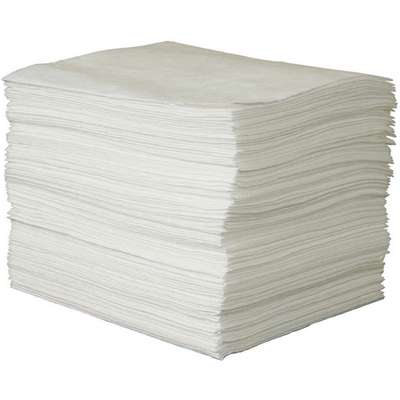
Oil-Only

Chemical
Spill Kits & Refills

Larger Spill Kits

Portable Spill Kits

Refill Kits
Specialty Absorbents
Shop Spill Control
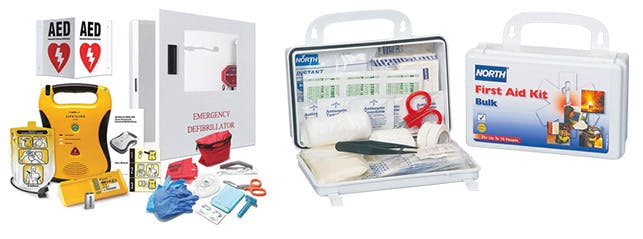
First Aid Kits
Imperial offers a variety of first aid kits for your facility.
Shop First Aid Kits








